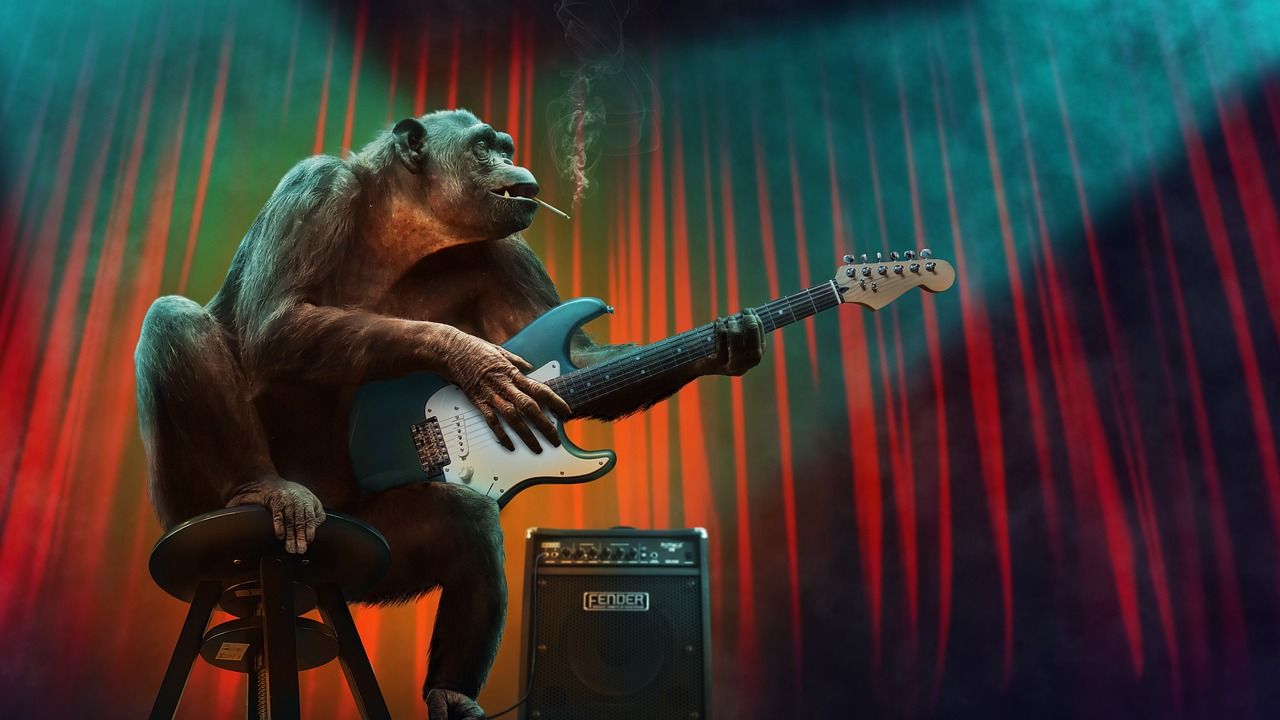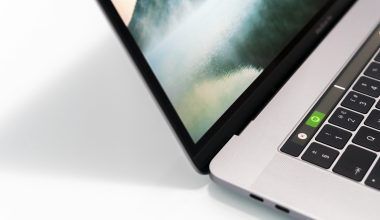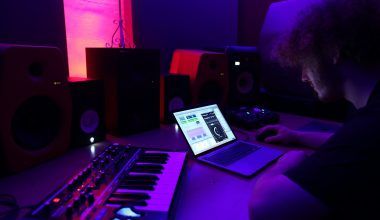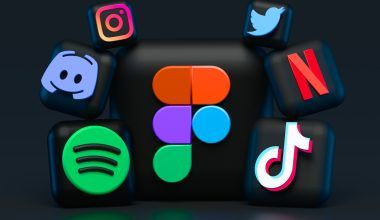If you’re a music lover, you’ve probably come across the term “EP” quite a bit. Maybe your favorite artist announced they’re dropping an EP, or you stumbled upon one while browsing your playlist. But what does EP mean in music, and why is it such a big deal? Don’t worry—this blog is here to break it all down in a way that’s easy to understand.
The Basics: What Does EP Stand For?
Let’s start with the most important question: what does EP mean in music? EP stands for Extended Play. It’s a type of music release that’s longer than a single but shorter than a full-length album. Think of it as the middle ground between the two. While a single usually features just one or two songs, and an album can have ten or more tracks, an EP typically contains 3 to 5 songs.
A Quick History Lesson: Where Did EP Come From?
The concept of EPs dates back to the early days of vinyl records. In the 1950s, vinyl came in various formats, including singles, EPs, and LPs (which stands for Long Play and is another term for a full album). Back then, an EP was a smaller vinyl record that could hold more music than a single but not as much as an LP. Over time, as technology advanced and digital music became popular, the term “EP” stuck around, even though the format itself has evolved.
Why Do Artists Release EPs?
Now that we know what EP means in music, let’s talk about why artists love them. There are several reasons:
- Experimentation:
EPs give artists a chance to try something new. Maybe they want to explore a different sound or genre without committing to a full album. - Cost-Effective:
Producing a full album can be expensive and time-consuming. EPs are a more affordable way for emerging artists to share their music with the world. - Building Hype:
For established artists, EPs can be a great way to keep fans excited between albums. It’s like giving their audience a sneak peek of what’s coming next. - Storytelling:
Sometimes, an artist has a story to tell that doesn’t require a full album. An EP lets them share a focused collection of songs that fit a particular theme or mood.
How Does an EP Differ from an Album or Mixtape?
It’s easy to get confused between EPs, albums, and mixtapes because they all involve music. But here’s how they differ:
- EP vs. Album:
An album is longer, usually featuring 8 to 15 songs, while an EP has fewer tracks. Albums often take more time to produce and may have a bigger promotional push. - EP vs. Mixtape:
Mixtapes are often more informal. They might include remixes, collaborations, or tracks that didn’t make it onto an album. EPs, on the other hand, are more polished and intentional.
Popular EPs That Shaped Music
Many iconic EPs have had a huge impact on the music industry. For example, Nirvana released the Blew EP before achieving global fame with Nevermind. Similarly, Billie Eilish dropped her EP Don’t Smile at Me, which helped establish her as a breakout artist. These EPs didn’t just showcase talent—they created buzz and brought these artists closer to their fans.
The Rise of Digital EPs
With streaming platforms like Spotify and Apple Music, EPs have become more popular than ever. Artists can easily release a small batch of songs without worrying about the costs of physical production. Plus, shorter attention spans mean listeners often prefer a quick, curated experience—which is exactly what an EP provides.
How to Spot an EP on Streaming Platforms
If you’re curious about whether a release is an EP, here are a few tips:
- Track Count:
Most EPs have 3 to 5 songs. - Runtime:
An EP usually runs between 15 and 30 minutes. - Labeling:
Many artists or platforms label their releases as “EP” to make it clear.
Why You Should Listen to EPs
Still wondering if EPs are worth your time? Here’s why they’re awesome:
- They’re a quick way to discover new music.
- EPs often include some of an artist’s most experimental or personal tracks.
- They’re perfect for moments when you’re not ready to commit to a full album but want more than a single song.
Final Thoughts: What Does EP Mean in Music?
In the world of music, an EP is a versatile and exciting way for artists to connect with listeners. It’s short enough to leave you wanting more but long enough to showcase creativity and talent. Whether you’re a casual listener or a hardcore fan, EPs offer a little something for everyone.
So, the next time your favorite artist announces an EP, you’ll know exactly what it means—and why you should give it a listen.
For further reading, explore these related articles:
- Music Video Directors: The Creative Heroes Behind Music Videos
- The Ultimate Guide to Creating Beautiful Record Album Art
For additional resources on music marketing and distribution, visit Deliver My Tune.






